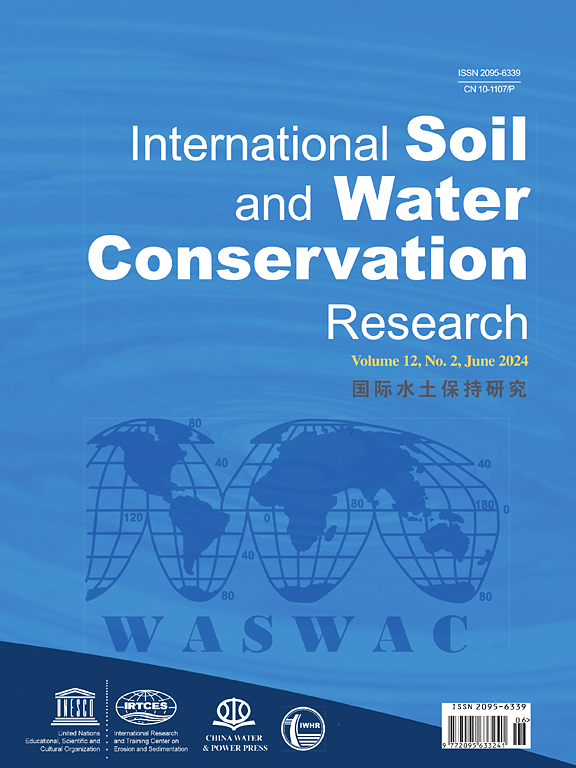
Why We Should Revitalize Indigenous Water Harvesting Systems: Lessons Learned
Publication Year: 2024
Author(s): Aklan M, Fraiture C, Hayde LG
Abstract:
It is generally believed that problems surrounding water scarcity led earlier generations to develop and employ a variety of indigenous rainwater harvesting (RWH) techniques. This paper is based on literature review and aims to discuss the current status and impact of these widely practiced indigenous RWH systems with references to archaeological case studies from different agro-ecological areas. The review shows that indigenous RWH systems are declining as a result of multiple factors but chiefly groundwater use, rural-urban migration, climate change, and changes in policy. However, our review also reveals that revitalized indigenous RWH systems can play an important role in alleviating water scarcity problems and sustaining livelihoods in both dry and developing regions. While new technologies have negatively affected several indigenous RWH systems when combined with traditional knowledge they can help to modernize indigenous RWH practices to make them more resilient, efficient, and productive.
Source of Publication: International Soil and Water Conservation Research
Vol/Issue: In Press, Corrected Proof
DOI No.: https://doi.org/10.1016/j.iswcr.2024.05.004
Publisher/Organisation: International Soil and Water Conservation Research
URL:
https://www.sciencedirect.com/science/article/pii/S2095633924000285
Theme: Traditional/ Indigenous Knowledge | Subtheme: Natural Resources Conservation
Related Documents
Books
Indigenous Management of Wetlands Experiences in Ethiopia
Published Year: 2019
Abstract:
There has been increasing recognition around the world that wetlands are fragile ecosystems wh... Read More
Books
Indigenous Rights and Water Resource Management: Not Just Another Stakeholder
Published Year: 2020
Abstract:
In an era of climate change, the need to manage our water resources effectively for future gen... Read More



